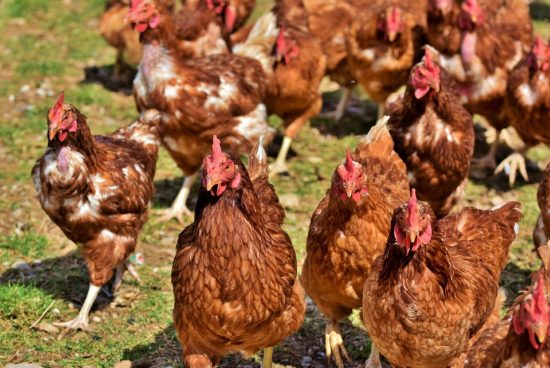Genetic relatedness of multidrug resistant Escherichia coli isolated from humans, chickens and poultry environments
Inappropriate use of antimicrobial agents in animal production has led to the development of antimicrobial resistance (AMR) in foodborne pathogens. Transmission of AMR foodborne pathogens from reservoirs, particularly chickens to the human population does occur. Recently, we reported that occupational exposure was a risk factor for multidrug-resistant (MDR) Escherichia coli (E. coli) among poultry-workers. Here we determined the prevalence and genetic relatedness among MDR E. coli isolated from poultry-workers, chickens, and poultry environments in Abuja, Nigeria. This study was conducted to address the gaps identified by the Nigerian AMR situation analysis.
MDR E.coli isolates were prevalent amongst poultry-workers, poultry, and the poultry farm/LBM environment. The emergence of MDR E. coli with novel ST in two isolates may be plasmid-mediated. Competent authorities should enforce AMR regulations to ensure prudent use of antimicrobials to limit the risk of transmission along the food chain.
AMR NEWS
Your Biweekly Source for Global AMR Insights!
Stay informed with the essential newsletter that brings together all the latest One Health news on antimicrobial resistance. Delivered straight to your inbox every two weeks, AMR NEWS provides a curated selection of international insights, key publications, and the latest updates in the fight against AMR.
Don’t miss out on staying ahead in the global AMR movement—subscribe now!






